
In the draft amendment to the Law on Special Consumption Tax, the Ministry of Finance proposed a roadmap to increase this tax on alcohol and beer products in the period of 2026-2030. Specifically, beer of all kinds will be subject to 80% tax from 2026 and 100% in 2030. The tax rate on alcohol is 50-100% (depending on the alcohol concentration below or above 20 degrees). With this roadmap, the selling price of these products will increase by 20% in 2026 and another 2-3% in the following years.
At a consultation workshop organized by the Vietnam Federation of Commerce and Industry (VCCI) on July 11, Mr. Nguyen Thanh Phuc, Director of External Relations of Heineken Vietnam, said that the production and business of beer enterprises will be "very negatively" affected if the special consumption tax is increased at this stage.
Last year, the brewery saw its first double-digit decline in sales in decades, he said. It also recently closed its factory in Quang Nam to optimize operations. "Tax increases need to be carefully and comprehensively considered," Phuc said, adding that the policy needs to ensure a balance between the goals of increasing budget revenue, stabilizing the economy and protecting people's health.
Representatives of Saigon Beer, Alcohol and Beverage Corporation (Sabeco) said they support the tax policy to increase budget revenue and limit the harmful effects of alcoholic beverages. However, the company admitted that increasing taxes will affect supply and demand and consumption output. Therefore, they hope that the authorities will have "appropriate proposals to support businesses".
Beer accounts for 98.6% of the alcoholic beverage industry market share. Sabeco, Heineken Vietnam, Habeco, and Carlsberg are the enterprises holding nearly 95% of the market share and total industry output. In addition to Heineken Vietnam, Sabeco has had negative growth in output, revenue, and profit since 2021. The company currently has 26 factories in 20 provinces and cities, most of which in the system are facing difficulties due to input costs increasing by 20-40%, while selling prices have not increased. As for Habeco, last year its sales volume decreased by 30% compared to 2019, budget contributions decreased by 10%, and it had to cut 25% of its workforce.
In the alcohol industry, Halico recorded losses for 27 consecutive quarters. This enterprise accumulated losses of nearly 458 billion VND.
Dr. Nguyen Minh Thao, Head of the Business Environment and Competitiveness Research Department, Central Institute for Economic Management (CIEM), said that the tax increase roadmap as above will make it difficult for any beer and wine business to survive. According to her, this is a great pressure for beer and wine businesses, including leading units in the industry. Not to mention, the policy change also affects investor sentiment.
"When investors enter Vietnam, they must anticipate regulations, so policies must be stable. Tax adjustments need to be long enough and flexible enough for businesses to anticipate and convert," she said.
According to the Vietnam Beer, Alcohol and Beverage Association (VBA), high taxes will reduce the competitiveness of domestic products, leading to increased smuggling. Currently, there are about 200-300 million liters of counterfeit beer each year. Along with that, increased taxes will affect business revenue, leading to a decrease in budget payments, affecting the supply chain of logistics, tourism services, agriculture, etc.
Ms. Chu Thi Van Anh, Vice President of VBA, said that the drafting agency has not fully assessed the impact and basis for the proposal. "WHO makes general recommendations for all countries with different contexts, so when researching, we should consider the actual context of Vietnam," Ms. Van Anh said. From there, VBA continued to request the authorities to delay the progress and reduce the increase in tax rates on alcohol to avoid causing shock to businesses.
More specifically, Heineken representatives proposed to keep the beer tax rate stable at 65% for the first 3 years from the date the Special Consumption Tax Law (amended) takes effect. After that, the tax rate will increase every 3 years, by a maximum of 3-5% each time. They also proposed to apply taxes according to alcohol concentrations to ensure fairness. For example, beer with an alcohol concentration of less than 5.5% will be taxed at 65%; beer with an alcohol concentration of 5.5-15% will be taxed at 70% and beer with an alcohol concentration of more than 15% will be taxed at 75%.
In fact, in the period 2010-2015, the special consumption tax on beer remained at 45-50%, then increased according to the roadmap from 2016. Currently, the rate applied to beer is 65%, wine is 35-65% depending on the alcohol content below or above 20 degrees. According to the Ministry of Finance, the tax rate has been adjusted but the purchasing power of this item has still increased, because people's income has increased faster. They assessed that the tax and price of this item are still low, accounting for about 30% of the retail price, while in many countries it is 40-85%.
"The recent roadmap to increase special consumption tax is not strong enough to reduce consumption," said the Ministry of Finance, affirming that it is necessary to continue increasing the tax to at least 40% of retail prices.
In addition, alcohol and beer consumption remains high and is on the rise. Tax expert Nguyen Van Phung cited data from state agencies saying that alcohol consumption has doubled in the past 10 years. Last year, Vietnam produced and consumed over 4.5 billion liters of beer. The rate of alcohol abuse in the total population also increased 10-fold in 6 years, from 1.4% in 2010 to 14.4% in 2016. Meanwhile, special consumption tax has continuously increased from 2008 to 2018.
"This shows that special consumption tax does not have a significant impact on changing consumer behavior," said Mr. Phung. However, according to this expert, to reduce consumption, administrative measures are better than taxes. For example, Decree 100 on administrative penalties in the field of traffic has had a major impact on beer and alcohol consumption behavior in recent times without the need to increase taxes.
From another perspective, Associate Professor Dr. Dinh Trong Thinh assessed that this tax on beer and alcohol in Vietnam is at a low level compared to many countries. Mr. Thinh sees the policy of increasing tax on alcohol and beer as a long-term solution to ensure low consumption. "Production enterprises should restructure to meet the requirements of society and for the long-term benefit of future generations," Mr. Thinh stated his opinion.
Some experts also believe that the primary goal of increasing taxes on alcohol and beer is people's health, social security, and the future development of Vietnamese people. "The government needs to impose high taxes to create a price gap, help people increase awareness, and use less," said an expert.
TT (According to VnExpress)Source: https://baohaiduong.vn/doanh-nghiep-bia-ruou-lo-anh-huong-tieu-cuc-neu-tang-thue-len-100-387107.html


![[Photo] In May, lotus flowers bloom in President Ho Chi Minh's hometown](https://vphoto.vietnam.vn/thumb/1200x675/vietnam/resource/IMAGE/2025/5/15/aed19c8fa5ef410ea0099d9ecf34d2ad)



![[Photo] President Luong Cuong attends the National Ceremony to honor Uncle Ho's Good Children](https://vphoto.vietnam.vn/thumb/1200x675/vietnam/resource/IMAGE/2025/5/15/9defa1e6e3e743f59a79f667b0b6b3db)
![[Photo] Close-up of An Phu underpass, which will open to traffic in June](https://vphoto.vietnam.vn/thumb/1200x675/vietnam/resource/IMAGE/2025/5/15/5adb08323ea7482fb64fa1bf55fed112)




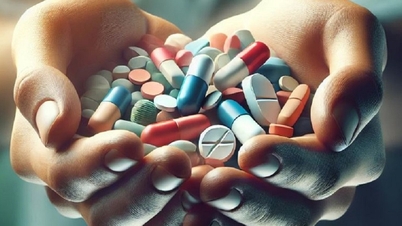
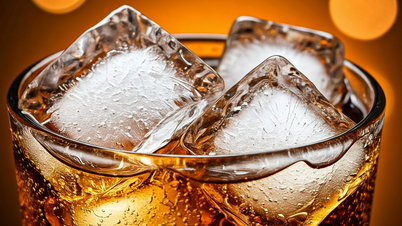



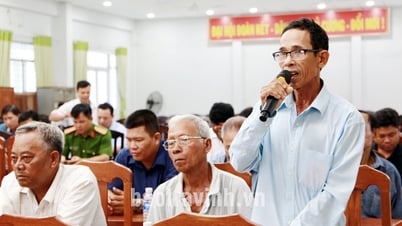


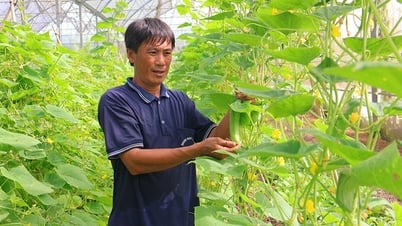
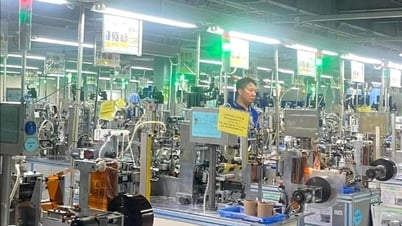

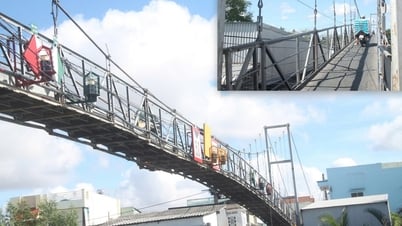




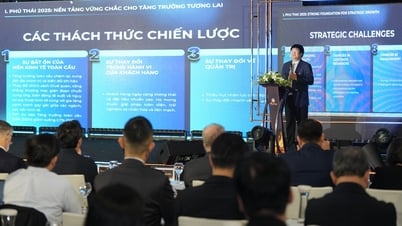
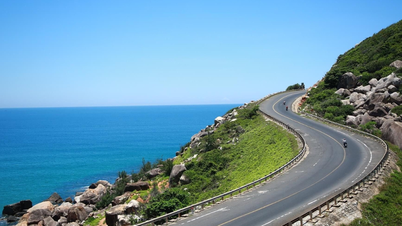
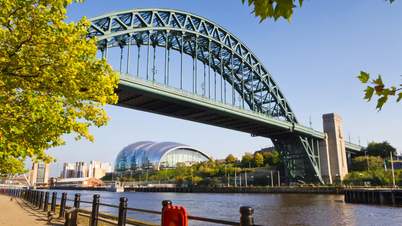








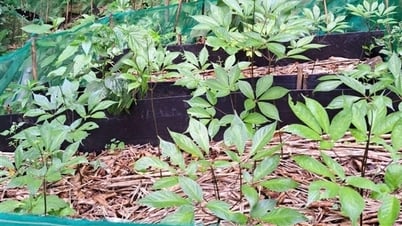





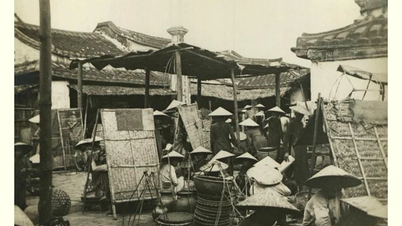








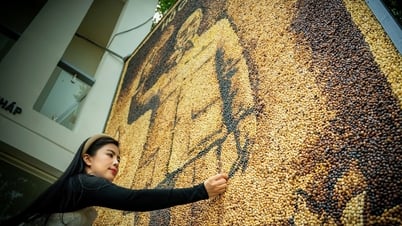













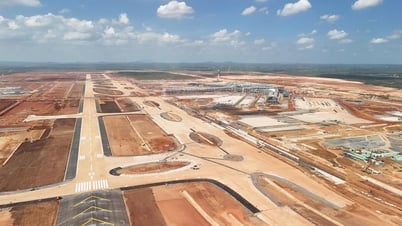
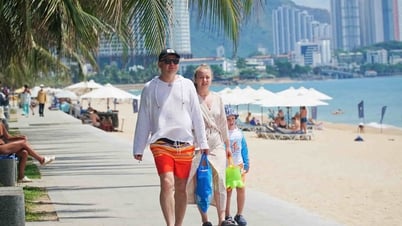












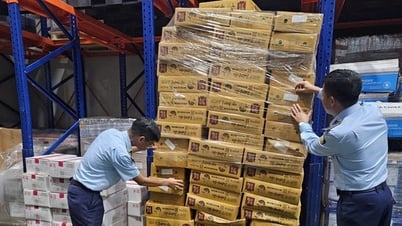













Comment (0)